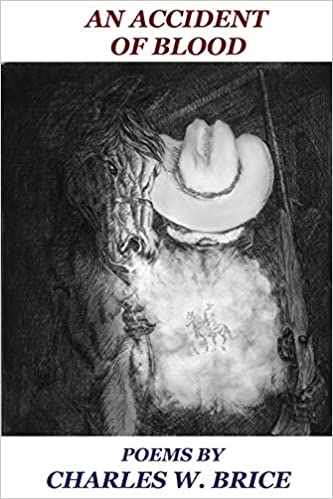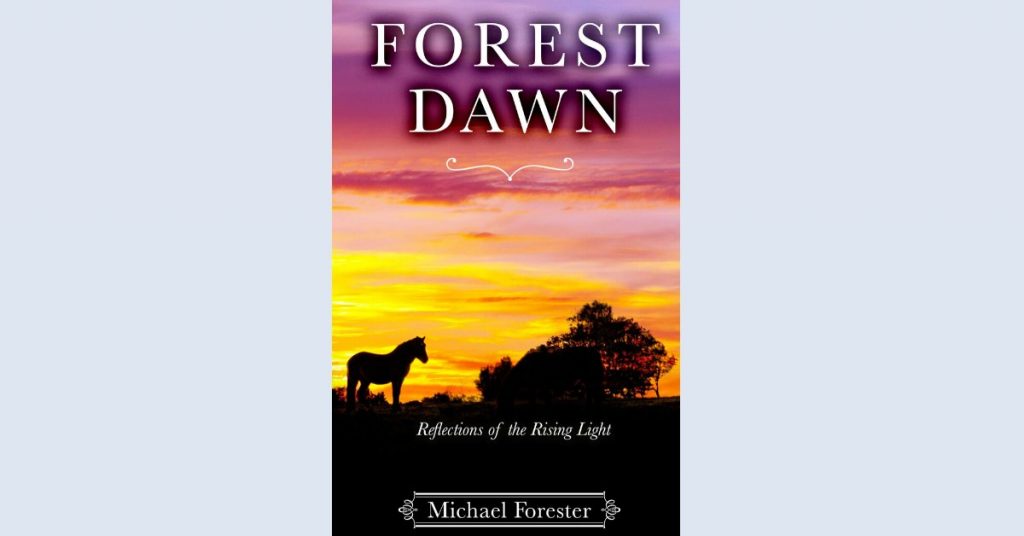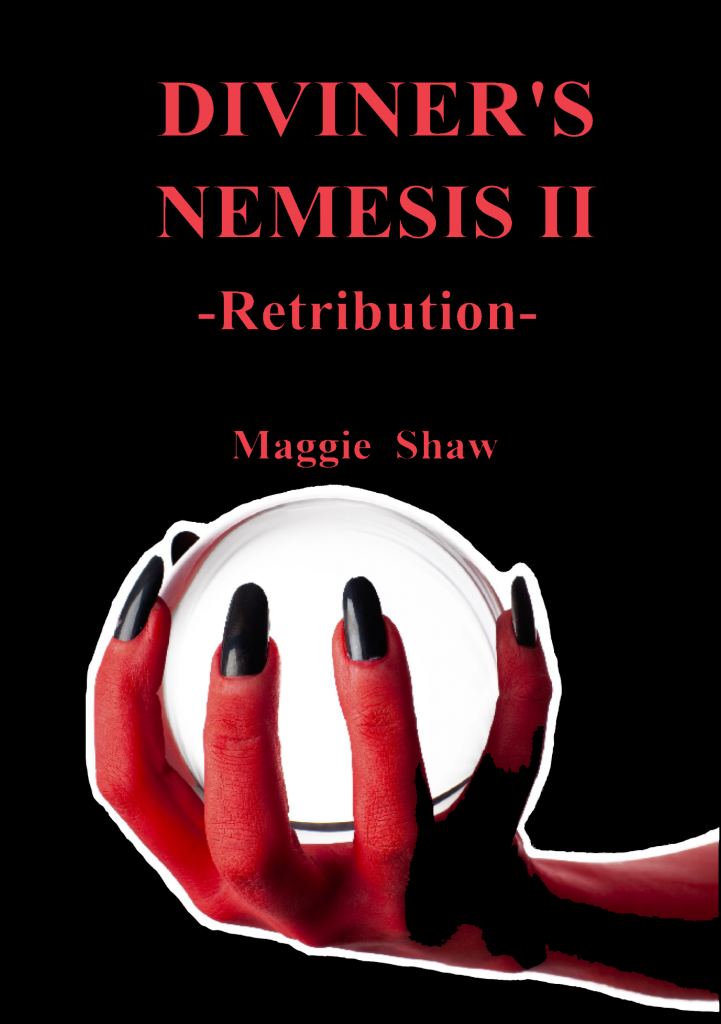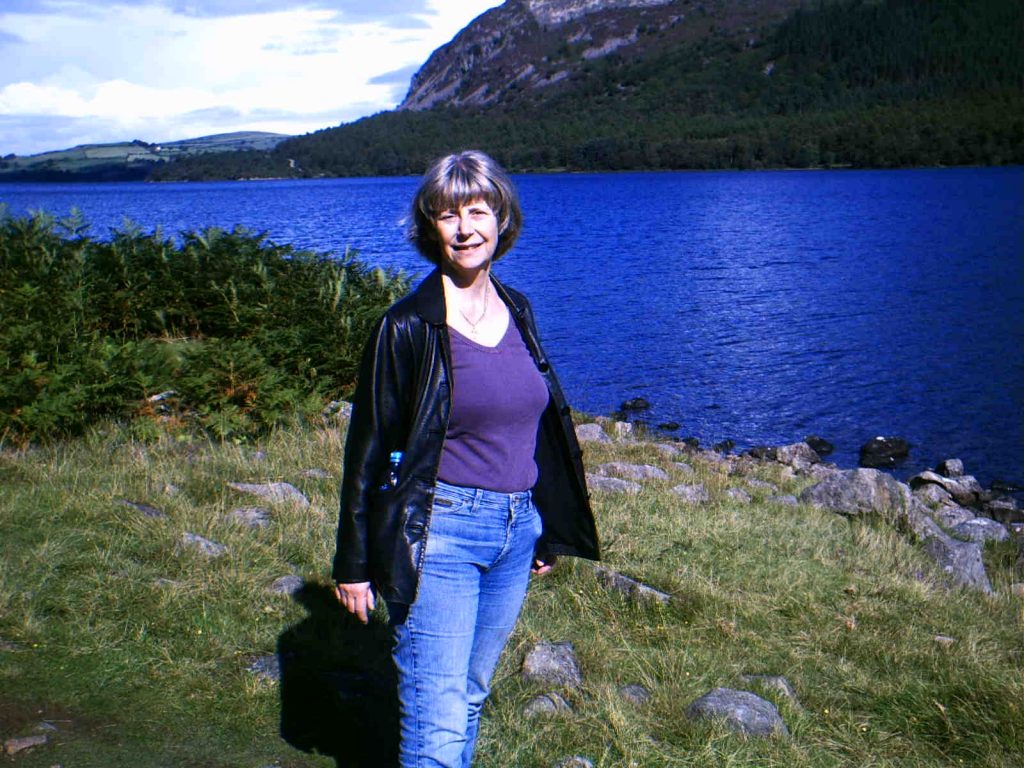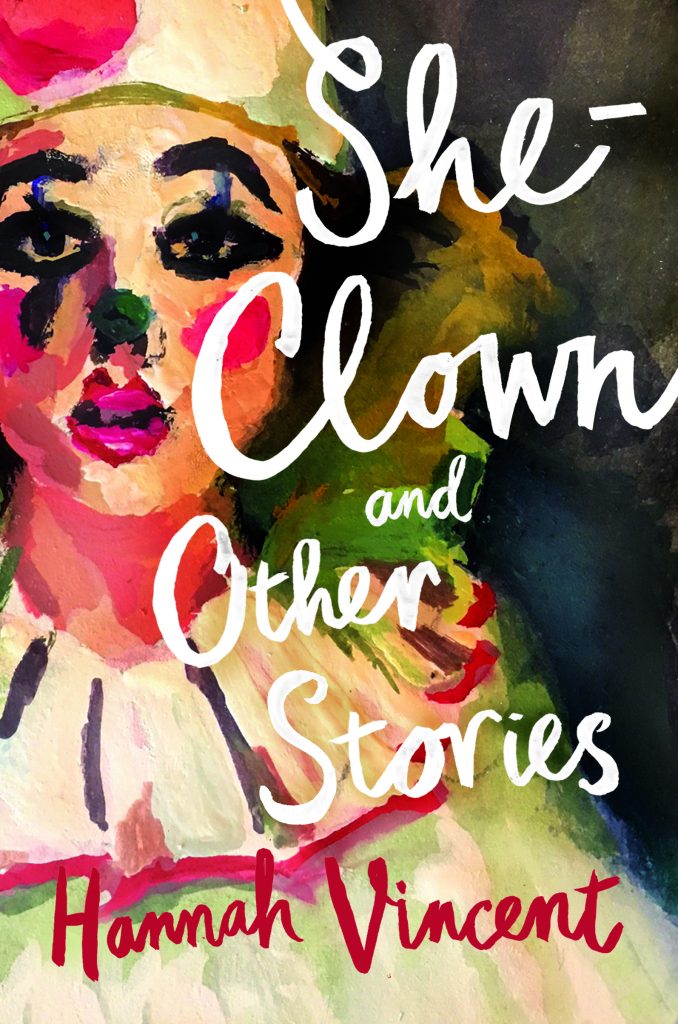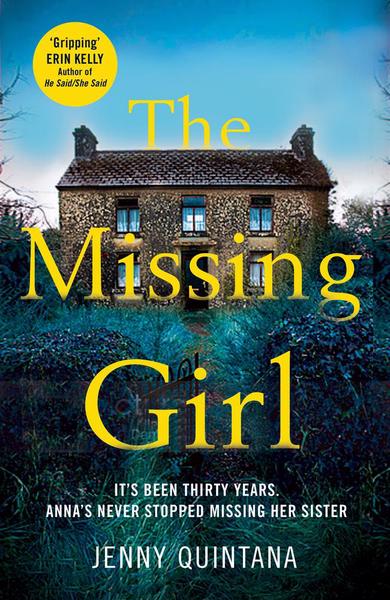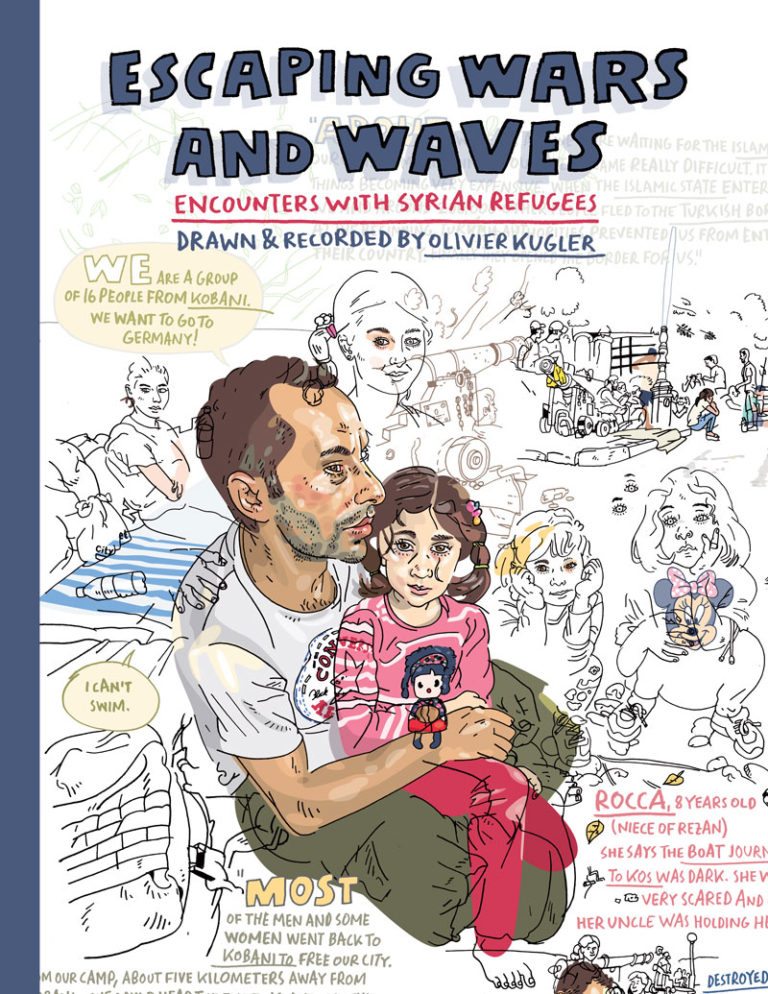
In December, 2013, I travelled together with Julien Rey from Médecins Sans Frontières (Doctors Without Borders) to Domiz Refugee Camp (Kurdistan, Iraq). Accompanied by two Syrian Kurds, Mazen and Amer, who helped us with translations, we met open-hearted people who invited us into their tents and houses where they told us, over a cup of tea, about their lives back home, their escape from Syria and about the living conditions in the camp. My opening words to the people I met were, “Hello, my name is Olivier Kugler. I am a German Reportage Illustrator, based in London. Médecins Sans Frontières commissioned me to portray Syrian refugees in order to help raise awareness about their situation. May I interview and take photos of you? ’ The photos won’t be published, but I need them as reference for my drawings.
For most of us, it would be fair to state that 2020 has not been the greatest year within living memory. At times, surrealism has merged into a new form of normality; not aided by the notion that things may perhaps get a lot worse before they start to get back to any form of what we perceive to be everyday ‘normal’. At such times, it’s important for us to realise and recognise that while we may have to don a face mask and perhaps queue a short while to enter a well-stocked supermarket, for others across our planet their lives have been shrouded in the darkest, deepest surrealism for a long while. Likewise, as we look forward to future halcyon days when we can again flock en masse toward sunlit beaches, or travel on public transport without the aid of any damn irritating facial armour, for some people this level of normality is lost in time and may never return.
The 2018 book, Escaping Wars and Waves (Myriad) allows us multiple, enlightening glimpses into the daily lives of people torn from their homeland and forced into new, uncertain lives. Put simply, it is a book of highly educational words and inspirational illustrations. Every page is packed with sketches of the people Olivier Kugler met between 2013 and 2017, as he followed the trails of refugees fleeing from Syria, into neighbouring countries and further onward toward Europe.
Every page portrays a harrowing personal story. In Iraq, we meet some psychologists who have formed a mental health team to care for refugees. Their plight is tough, for Syrian men tend to view any offer to aid their mental health as an affront to their masculinity. Similarly, Syrian women are not comfortable with any aspect of psychology improving their personal well being, although some women do come into the mental health unit, sometimes using their children’s medical needs as the main reason for attendance. One of the centre’s psychologists, Ahin, shares her thoughts concerning her child, Kawa.
The happiest day of my life was when Kawa, my baby boy, was born. He is seven months old now. We would love to go back to Quamishli where my parents are. They haven’t met their grandson yet. Every night, before I put Kawa to bed, I tell him how beautiful Syria is.
Still in Iraq, Olivier was waiting for a translator to join him, in snowfall and freezing temperatures. A local man, Muhamed, took pity on the shivering illustrator and gave him hot coffee from his roadside stand; sternly refusing any payment. Muhamed is 55 and fled Syria 15 months ago. One day, a helicopter appeared and randomly began destroying houses in his Damascus street. Muhamed, his wife and daughters barely escaped with their lives as their home was flattened by a bomb. They ran with only the clothes they were wearing. He cries when he speaks of his wife. She is severely depressed and no medication is available for her.
One Syrian lady, Vian, does visit the mental health team here. Her husband had been arrested 16 months earlier. She has not seen him since. Their youngest son was born only 7 months ago. She is unsure if he will ever get to meet his father.
Some younger refugees struggle to make the best of their situations in the Iranian refugee camp. Djwan has found a living, renting out some sound equipment. He earns around £30 – £50 for each rental. He also supplies chairs so that people can sit and listen to music. To raise morale, he teaches break-dancing in the camp. In Syria, he had been in the army but escaped, along with several others.
Many of my friends died. During one mission in Boyedah, I was on a roof, surveying the area. A man tried to kill our colonel. I was calling and screaming at my comrades for help. Moments later, a rocket-propelled grenade was launched and hit the tank dead on…there was a lot of fire. Two of my friends were in the tank. They burned to death. They became ashes.
On the Greek island of Kos, Olivier meets Claudi, a Swiss market trader. She explains that her business profits are down 50% because of the incoming refugees. Locals get nervous around them and she now has to find a trading spot in a quieter location. She says she does not blame the refugees, as they are her friends. Sherine, a physiotherapist from Aleppo, tells Olivier that 30 of her friends and family had escaped from Syria. Half of the group were on Kos. The rest of her group were still in Turkey, still attempting to join them. This had been her 4th attempt to reach Kos. Initially, their boat’s motor had broken. On the second attempt, they were intercepted by pirates at sea, who stole all their fuel.
The tales of people losing all their money to traffickers is common, with many refugees saying they have given people everything they have to board a boat. Often, the traffickers take all of their money and are never seen again.
In Calais, France, we find three young Syrian men sharing a simple tent. The point is made to Olivier that Europe is no ‘promised land’. They don’t want to be here and want to get back to their homeland. One poignantly states, ‘I prefer Syria, but without the war’. They say that Médecins Sans Frontières have been exemplary and that Britain gives them most of their food. The men say that initially, the French gendarmes used to catch them trying to escape to Britain and jokingly say, ‘Bad luck, but try again tomorrow’. Now, they are referred to by many as ‘jungle animals’. In Calais, several right-wing fascists regularly attempt to find refugees and badly beat, or cripple them, while stealing everything they own. On his last night in Calais, Olivier meets a confused-looking Afghan gentleman. He has lived in London and wants to get back there. He says sadly, ‘I miss Croydon’.
In the English city of Birmingham, we meet Wisam and his wife, Hadya. Their story is typical of countless others who have literally ran for their lives. They have moved from country to country and felt unwelcome in all. They have been told, ‘Why do you come here? All you do is eat our bread!’. Refugees have been charged up to 10 times the regular price of food, compared to the local population. Back in Syria, it was common practice for soldiers to open fire with machine guns on random houses. Wisam was shot several times in his legs and he is now disabled. Here in Birmingham, with their three children, Wisam and Hadya are beginning to find stability again. In Syria, they had owned a couple of shops, selling beauty products. Wisam was always in work, but one day everything was taken from them and suddenly they had nothing. Wisan got his family free from Syria first and then tried to join up with them. He tells how he paid good money to find a place on a small fishing boat. The capacity for the boat was 150 people. Wisam says there were nearly 500 on the boat when he tried to cross the Mediterranean to get to Italy. Meanwhile, at the same time, Hadya learned that some other boats had capsized and sunk to the bottom of the sea, killing around 800 refugees. She feared one of them was her husband and did not know how to tell their children.
Each story in this book is personal and meaningful. The reality of each refugee’s tale is given face on, with absolutely no sugar-coating. This is what happened. This is how we got here. This is what we have lost. Usually, as Ink Pantry reviewers, we focus on the prose, the grammar and where the writing takes the reader on a literate, creative journey. Here, the writing is nothing less than the often harrowing truth. It simply is. Each illustration on every page is remarkable, because Olivier manages to capture the ‘soul’ of everyone he meets and draws. In a world often tainted by ignorance and lack of awareness, Escaping Wars and Waves should be a mandatory read in schools and libraries, for all children and adults. For anyone who dares to suggest (as I have sadly observed all too often on social media) that these people have ‘deserted’ their country and are therefore ‘cowards’, or even that they are treated lavishly – being given absolutely anything they want – I would simply say, read the book and try…just try…for the very briefest of moments to understand their personal experiences.
I am very grateful that I had the chance to meet the people I portrayed in my drawings. I feel connected to them and want to thank them very much for their patience and trust. I hope that their circumstances have improved significantly and wish them, and their compatriots, all the best.

